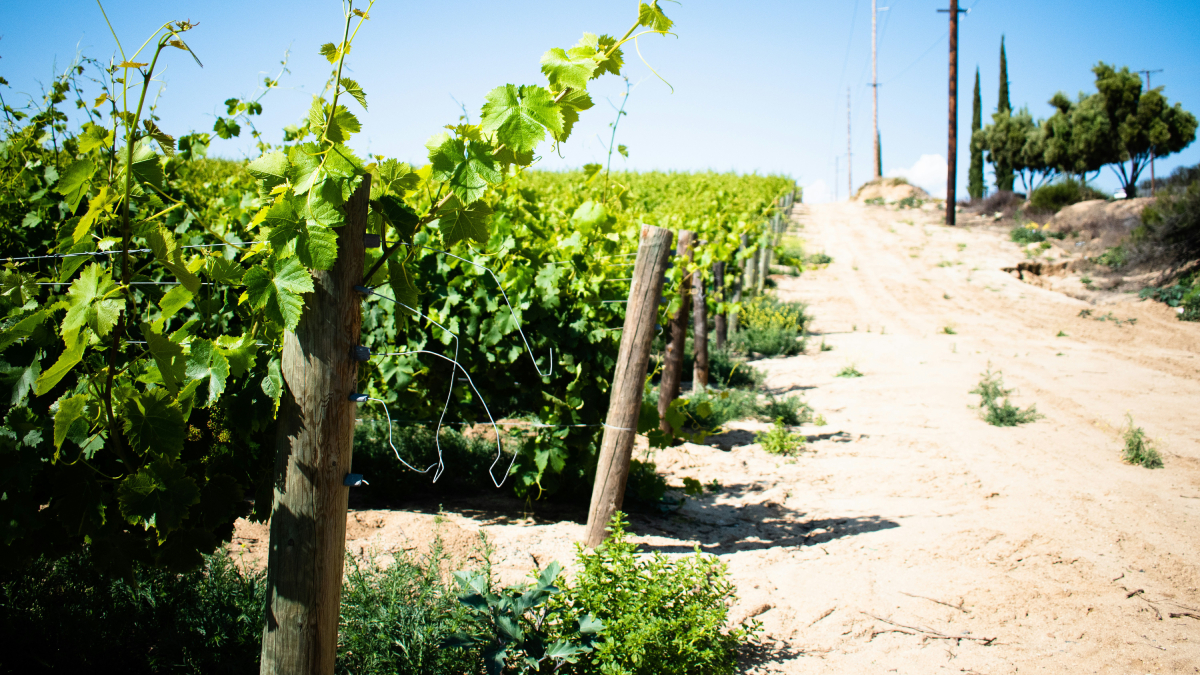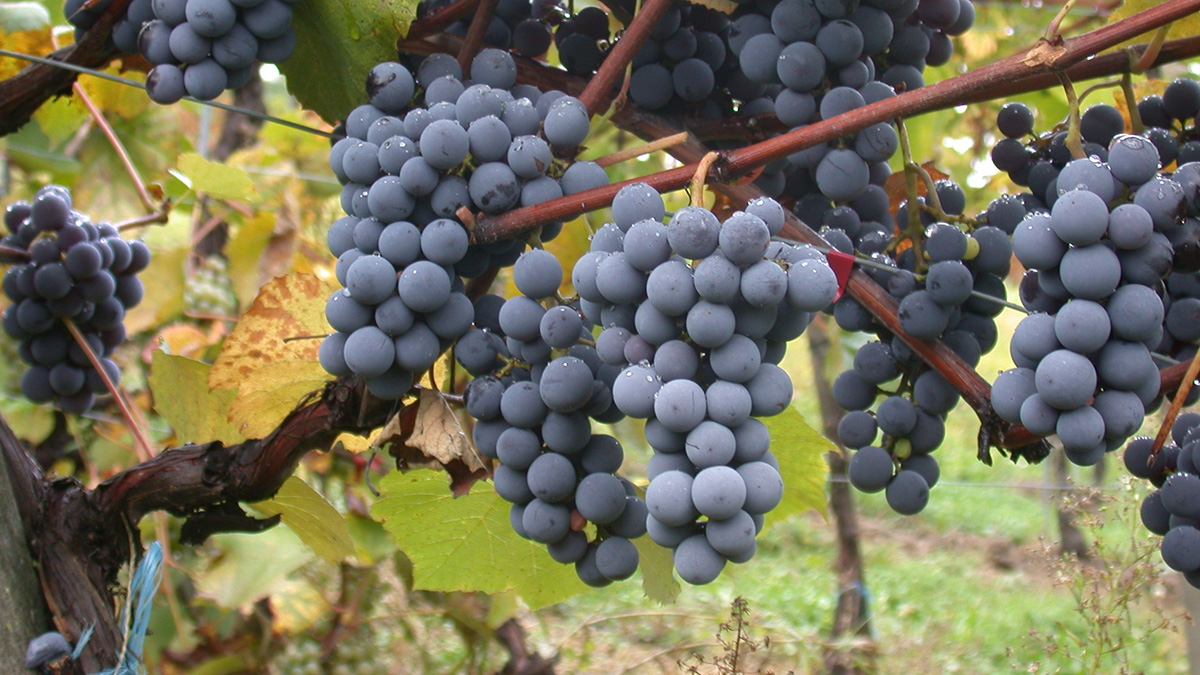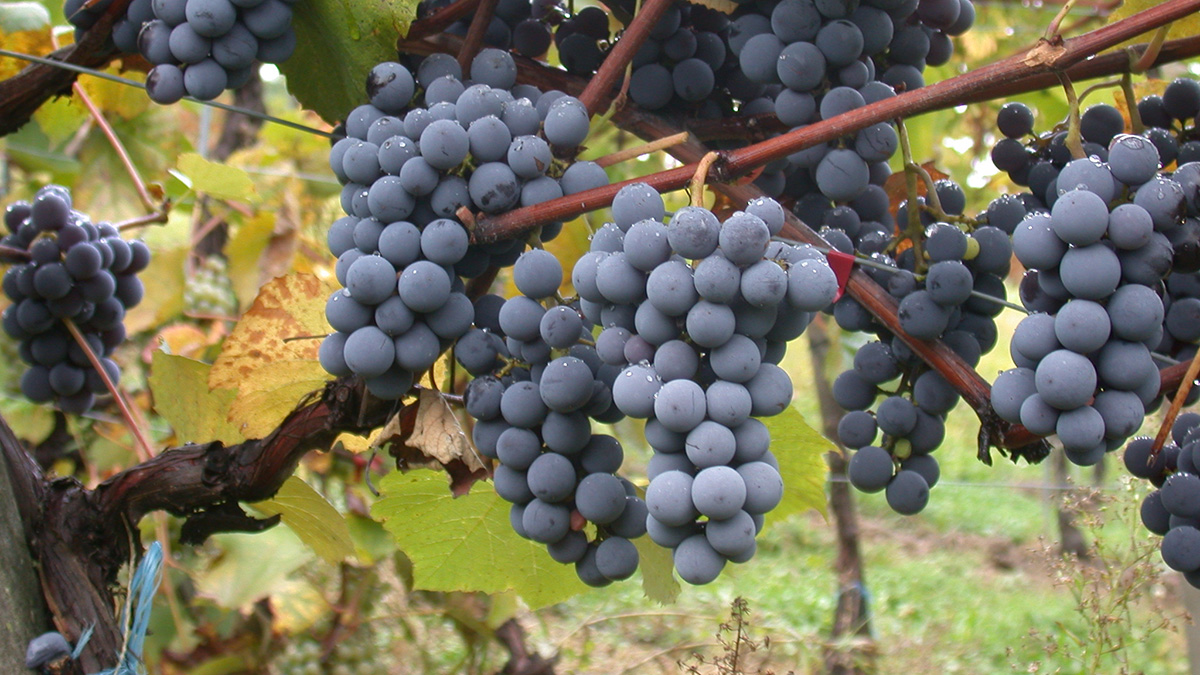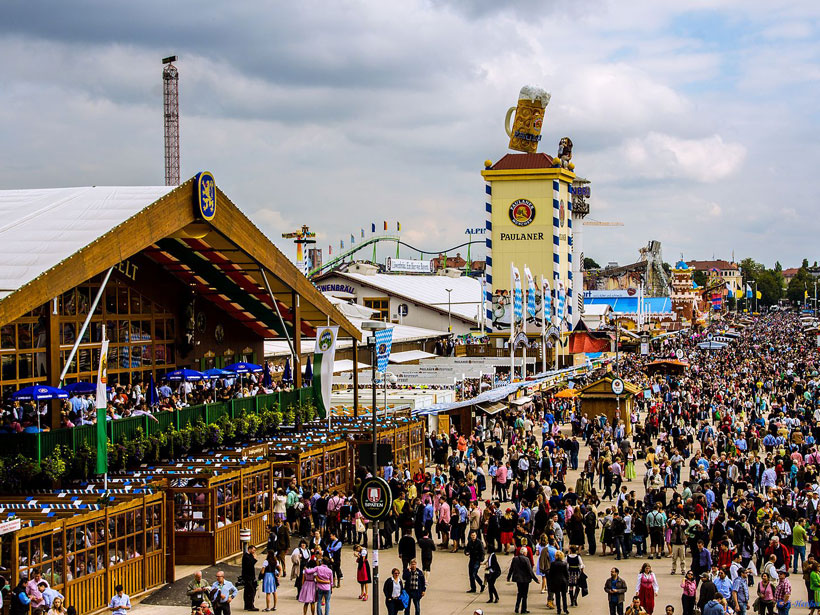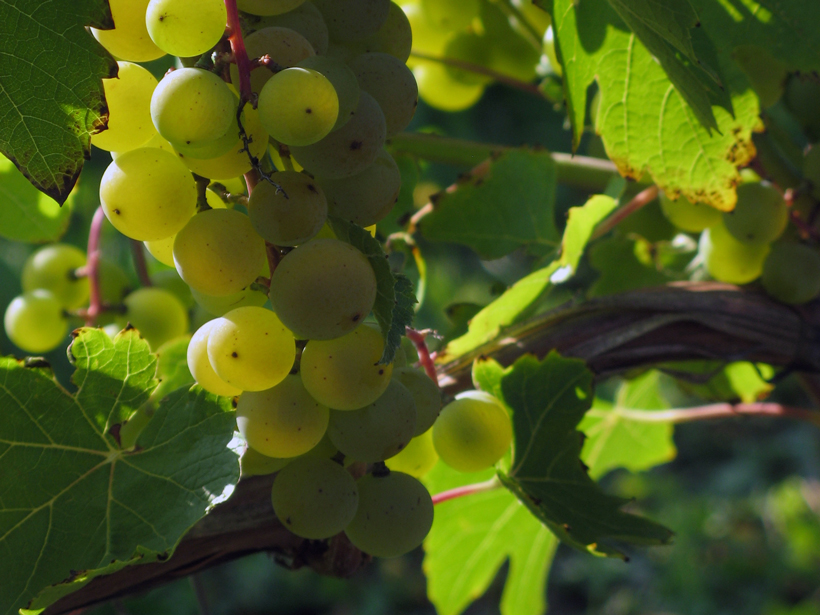Unvollständige Verbrennung und biogene Emissionen—Atemausstoß und Flatulenz—machen das Oktoberfest zu einer starken, wenn auch zeitlich begrenzten Quelle des potenten Treibhausgases.
wine & beer
Climate Change Threatens 70% of Winemaking Regions
In regions where natural resources are scarce or economies depend on producing certain wines, adapting and diversifying grape crops is easier said than done.
A Not-So-Hoppy Future for Beer Drinkers?
New research examining the impact of climate change on hops production has brewed up a storm.
Cómo el Último Máximo Glacial influenció en el origen del vino
El severo clima de la era de hielo influenció el cultivo de la vid durante el nacimiento de la agricultura.
How Wine’s Origin Was Shaped by the Last Glacial Maximum
The harsh climate of the ice age influenced grapevine cultivation at the dawn of agriculture.
Oktoberfest’s Methane Rise Is the Wurst
Incomplete combustion and biogenic emissions—exhalations and flatulence—make Oktoberfest a significant, albeit temporary, source of the potent greenhouse gas.
Wine Grape Diversity Buffers Climate Change–Induced Losses
By mixing up which wine grape varieties are planted where, the wine industry can better ride out the effects of a warming climate, new research reveals.
Tests Indicate Which Edible Plants Could Thrive on Mars
An undergraduate experiment grew vegetables and herbs in simulated Martian soil under Mars-like reduced daylight. The tasty results suggest that Mars colonists could farm their own produce.
Warmer Climate Could Aid Quebec's Wine Industry
By 2050, climate change may make regions of northeastern Canada suitable for growing new varieties of wine grapes.


